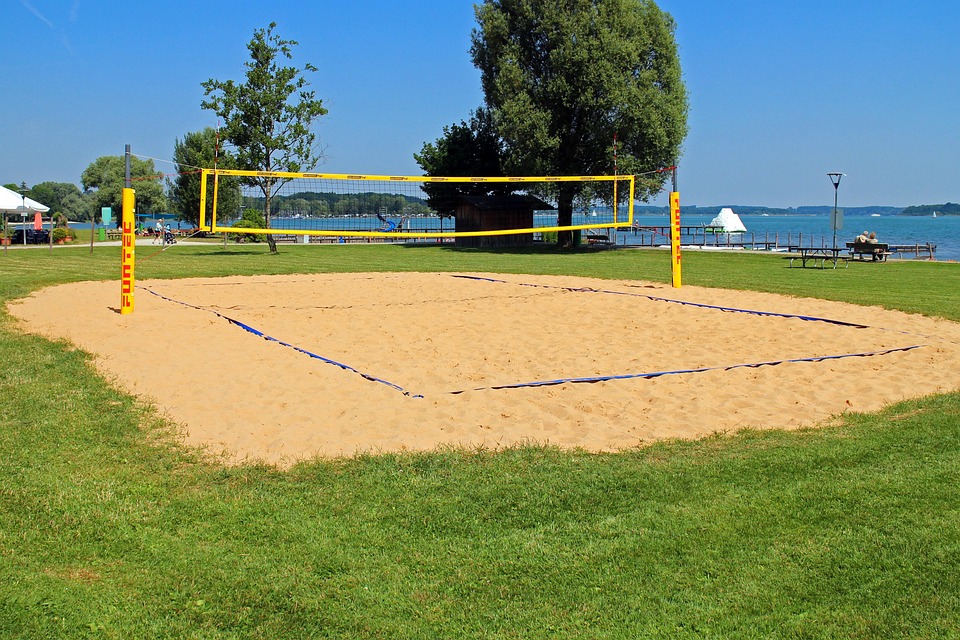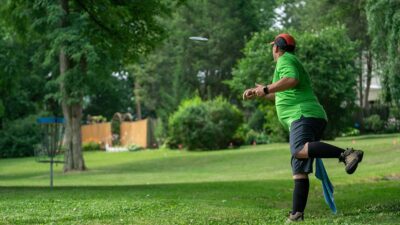Volleyball, often celebrated for its dynamic play on the court, demands not only technical skill but also a significant level of physical fitness. Athletes who excel in this high-intensity sport recognize that their performance hinges on rigorous off-court training. This article explores how various fitness training regimens impact volleyball performance, covering aspects such as strength, agility, endurance, flexibility, and mental toughness.
The Importance of Strength Training
Strength is the foundation upon which volleyball performance is built. Players require a strong core, powerful legs, and robust upper-body strength to execute skills like hitting, blocking, and serving efficiently. Off-court strength training can include exercises such as squats, lunges, deadlifts, and plyometrics, which not only enhance muscle strength but also improve explosive power.
Key Benefits:
- Increased Power: Stronger players can jump higher and hit the ball harder, giving them a competitive edge.
- Injury Prevention: Muscles that are well-conditioned can better withstand the physical demands of the game, reducing the risk of injuries.
- Improved Endurance: Strength training increases muscle endurance, allowing players to maintain peak performance throughout long matches.
Enhancing Agility and Speed
Volleyball requires quick, reactive movements—from powerful jumps to sudden lateral shifts. Agility training, which may include ladder drills, cone drills, and short sprints, is crucial for developing the ability to change direction swiftly without losing balance.
Key Benefits:
- Reacting Faster: Improved agility allows players to respond rapidly to opponents’ movements and save balls that would otherwise be out of reach.
- Better Positioning: Quick footwork helps players position themselves effectively for sets, spikes, and digs, enhancing overall team dynamics.
Building Endurance
The fast-paced nature of volleyball means that players often engage in extended periods of play. Off-court endurance training, such as distance running, interval training, or cycling, builds the cardiovascular fitness needed to sustain energy levels during intense matches.
Key Benefits:
- Sustained Performance: Enhanced cardiovascular fitness allows athletes to maintain their performance level throughout the game, rather than fatiguing as the match progresses.
- Recovery Rate: Improved endurance results in quicker recovery times between plays, which is essential during long tournaments.
Flexibility and Mobility
Flexibility is another crucial aspect of fitness training that directly influences volleyball performance. Stretching routines, both static and dynamic, help maintain and improve range of motion, prevent injuries, and enhance overall athletic performance.
Key Benefits:
- Injury Prevention: Flexible muscles and joints are less prone to strains and tears during the explosive movements common in volleyball.
- Enhanced Performance: Greater flexibility can improve jump height and arm reach, integral to a player’s overall effectiveness on the court.
The Role of Mental Toughness
While physical fitness is undeniably important, the psychological aspect of training cannot be overlooked. Athletes must cultivate mental toughness to handle the pressures of competition, stay focused, and maintain confidence during high-stress moments.
Key Strategies for Mental Fitness:
- Visualization Techniques: Many athletes practice mental imagery to enhance performance by picturing themselves succeeding in various game scenarios.
- Mindfulness and Relaxation: Techniques like meditation or yoga can help reduce anxiety and improve concentration, allowing athletes to remain calm under pressure.
Conclusion
Off-court fitness training is not merely an ancillary aspect of volleyball; it is a critical component of an athlete’s overall performance. A well-rounded training program that focuses on strength, agility, endurance, flexibility, and mental toughness can significantly elevate a player’s game. As athletes invest time in developing these areas off the court, they not only improve their individual skills but also contribute to their team’s success, making fitness training an indispensable part of the volleyball journey. Whether novice or elite, all athletes can benefit by embracing a comprehensive training regimen that prepares them for the rigors of the game.



